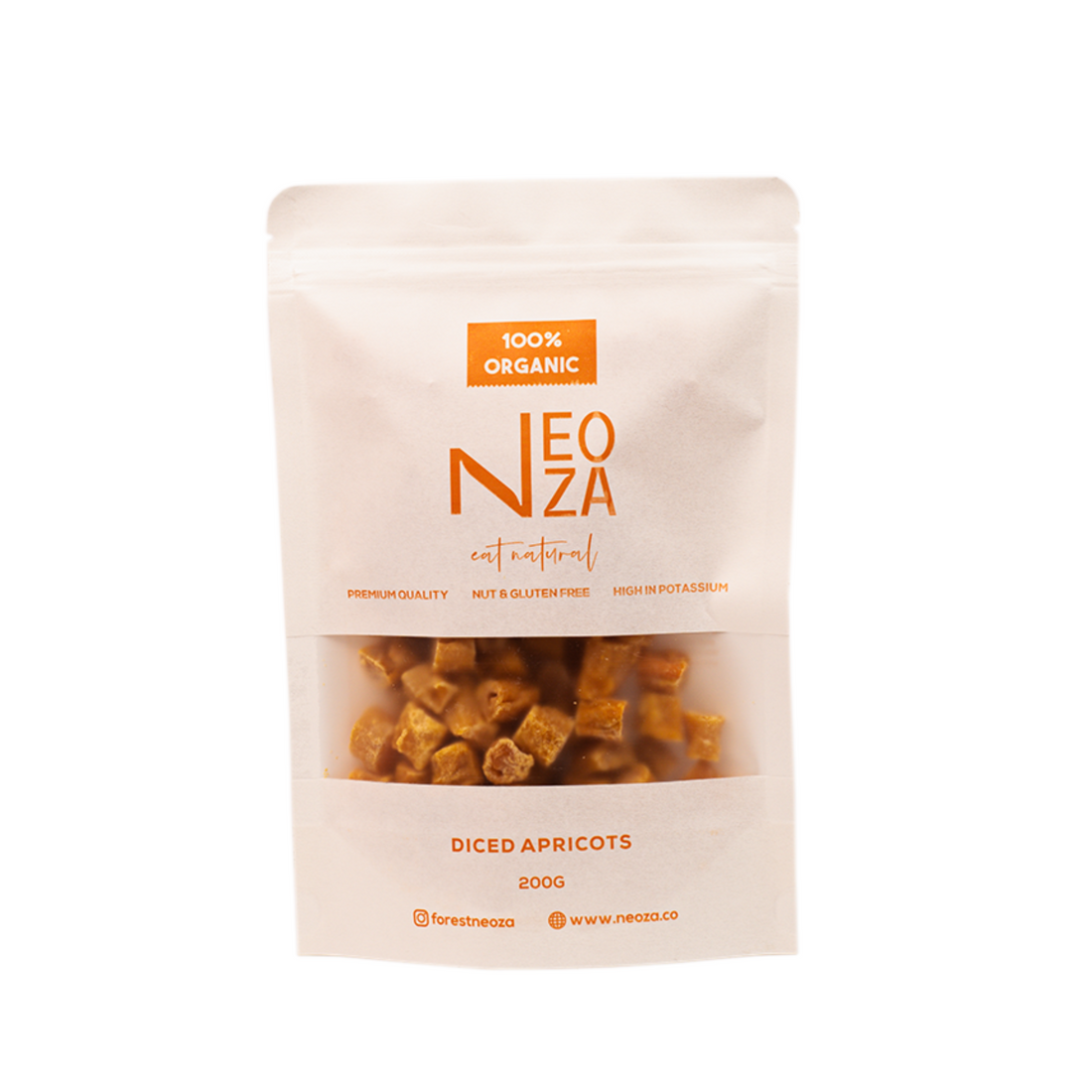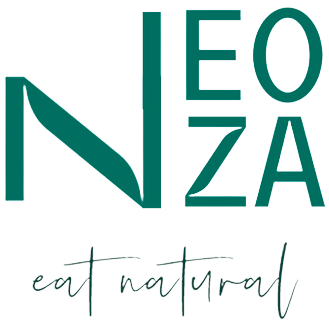
Organic vs. Regular Dried Khubani: Which One Offers Better Quality & Taste? (Including Prices in Pakistan)
Hummed BaigDried khubani, or dried apricots, is a popular treat in Pakistan and beyond, cherished for its sweet-tart flavor and nutritional benefits. Whether you’re snacking on it raw, adding it to desserts, or using it in savory dishes, the choice between organic and regular dried khubani often comes down to quality, taste, and price. In this blog post, we’ll explore the differences between the two, dive into their respective merits, and provide an overview of dried khubani prices in Pakistan—including a spotlight on NEoza, a brand offering premium packing at reasonable rates.
What is Dried Khubani?
Dried khubani is made by dehydrating fresh apricots, a fruit widely grown in regions like Gilgit-Baltistan and Balochistan in Pakistan, as well as imported from countries like Turkey and Afghanistan. The drying process intensifies the fruit’s natural sugars and preserves its nutrients, such as vitamins A and C, potassium, and fiber. However, the way these apricots are grown and processed—organic or conventional—can significantly impact their quality and taste.
Organic Dried Khubani: Purity at a Premium
Organic dried khubani is produced from apricots grown without synthetic pesticides, fertilizers, or genetically modified organisms (GMOs). The drying process typically avoids chemical preservatives like sulfur dioxide, relying instead on natural methods like sun-drying. In Pakistan, organic khubani is often sourced from regions like Skardu or Hunza, known for their pristine growing conditions.
Key Characteristics:
-
Appearance: Darker shades of brown or amber due to the lack of sulfur treatment.
-
Taste: A bold, tangy flavor with earthy undertones, free from artificial sweeteners.
-
Texture: Slightly chewier and less moist compared to regular khubani.
-
Quality: High purity with no chemical residues, appealing to health-conscious consumers.
Pros:
-
Environmentally sustainable and chemical-free.
-
Rich, authentic taste profile.
-
Ideal for those prioritizing natural foods.
Cons:
-
Higher cost due to organic farming practices.
-
Less vibrant color and shorter shelf life.
Regular Dried Khubani: Affordable and Accessible
Regular dried khubani comes from conventionally grown apricots, often treated with pesticides and fertilizers to boost production. Post-harvest, these apricots are commonly preserved with sulfur dioxide to maintain their bright orange color and extend shelf life. Some brands may also add sugar or flavorings, altering the natural taste.
Key Characteristics:
-
Appearance: Bright orange and visually appealing.
-
Taste: Sweeter and milder, sometimes with a faint chemical aftertaste from sulfites.
-
Texture: Softer and juicier due to preservatives.
-
Quality: Consistent and widely available, though potentially less “pure.”
Pros:
-
Budget-friendly and easy to find in local markets.
-
Attractive color for culinary presentation.
-
Longer shelf life.
Cons:
-
Possible pesticide residues and sulfite sensitivity risks.
-
Less natural flavor compared to organic.
Quality and Taste: A Head-to-Head Comparison
-
Quality: Organic khubani takes the lead for those who value purity and sustainability. It’s free from synthetic additives, making it a cleaner choice. Regular khubani, however, offers reliable consistency and availability, which can be key for bulk buyers or casual use.
-
Taste: Organic khubani delivers a more complex, fruity flavor, while regular khubani leans sweeter and simpler—perfect for those who prefer a less intense taste. Your preference will dictate the “better” option here.
Prices of Dried Khubani in Pakistan
Dried khubani prices in Pakistan vary based on quality, origin, and whether it’s organic or regular. Here’s a breakdown of typical market rates as of April 2025:
-
Regular Dried Khubani:
-
Local (Gilgit-Baltistan): 1000–1200 PKR per kg.
-
Imported (e.g., Turkish or Afghani): 1600–2000 PKR per kg.
-
Supermarket Brands (Sulfured): 900–1300 PKR per kg.
-
Organic Dried Khubani:
-
Local Organic (e.g., Hunza): 1500–1800 PKR per kg.
-
Certified Organic Imports: 2000–2500 PKR per kg.
-
NEoza Premium Dried Khubani:
-
40g Pack: 350 PKR (equivalent to 8750 PKR per kg).
-
200g Pack: 1150 PKR (equivalent to 5750 PKR per kg).
NEoza stands out by offering premium-quality dried khubani in attractive packaging at reasonable prices. While the per-kilogram rate seems high for the smaller 40g pack, the 200g option provides excellent value compared to other premium or organic brands. NEoza’s focus on quality and presentation makes it a compelling choice for gifting or personal indulgence without breaking the bank.
Why NEoza Offers Great Value
NEoza positions itself as a premium yet affordable option in Pakistan’s dried fruit market. Its khubani is likely sourced from high-quality orchards (possibly organic or minimally processed), and the sleek packaging ensures freshness and appeal. At 1150 PKR for 200g, it’s competitively priced against imported or organic khubani, offering a balance of taste, quality, and convenience. The smaller 40g pack at 350 PKR is perfect for sampling or on-the-go snacking, though it’s less cost-effective per gram.
Which Should You Choose?
-
Organic Dried Khubani: Opt for this if you prioritize health, sustainability, and a robust flavor. It’s worth the higher price (1500–2500 PKR/kg) if you’re buying in bulk or cooking for nutrition-focused meals.
-
Regular Dried Khubani: Go for this if you’re looking for affordability (900–2000 PKR/kg) and a sweeter, softer snack. It’s ideal for everyday use or kids’ lunchboxes.
-
NEoza Premium Dried Khubani: Choose NEoza if you want a premium experience at a reasonable rate (1150 PKR/200g). It’s perfect for those who value quality packaging and a refined taste without the full organic price tag.
Final Verdict
Both organic and regular dried khubani have their strengths, but the “better” choice depends on your needs. For unbeatable purity and taste, organic wins; for affordability and accessibility, regular takes the crown. NEoza bridges the gap by offering premium khubani at competitive prices—350 PKR for 40g and 1150 PKR for 200g—making it a standout option in Pakistan’s market. Whether you’re in Lahore, Karachi, or Islamabad, give NEoza a try and see if it elevates your khubani experience.
FAQs
Are organic dried apricots better?
Organic dried apricots are better for purity and natural taste, but regular ones excel in affordability and sweetness.
Is there a difference in dried apricots?
Yes, organic ones are darker and tangier; regular ones are brighter and sweeter due to preservatives.
Which apricot is best, dried or fresh?
Dried apricots have concentrated flavor and nutrients; fresh ones are juicier—best depends on preference.
What color are organic dried apricots?
Organic dried apricots are dark brown or amber, lacking the bright orange of sulfured regular ones.
If you’re exploring which khubani is best for you, start with what dried khubani actually is. Knowing its origins helps you understand the difference in taste and purity.
Wondering about the real perks of organic? Compare it with why soaked dried apricots are so popular — soaking unlocks benefits whether you choose organic or regular.
Taste and price often go hand in hand. If you want to budget smartly, check out dried khubani price trends so you can buy the best quality without overspending.
Already love dried fruits? Learn easy ways to make dry khubani part of your daily diet — small changes make your snacking healthier.
In the end, whichever type you pick, Neoza’s premium dried khubani collection gives you tasty options for gifts, everyday munching, or your next healthy recipe.
